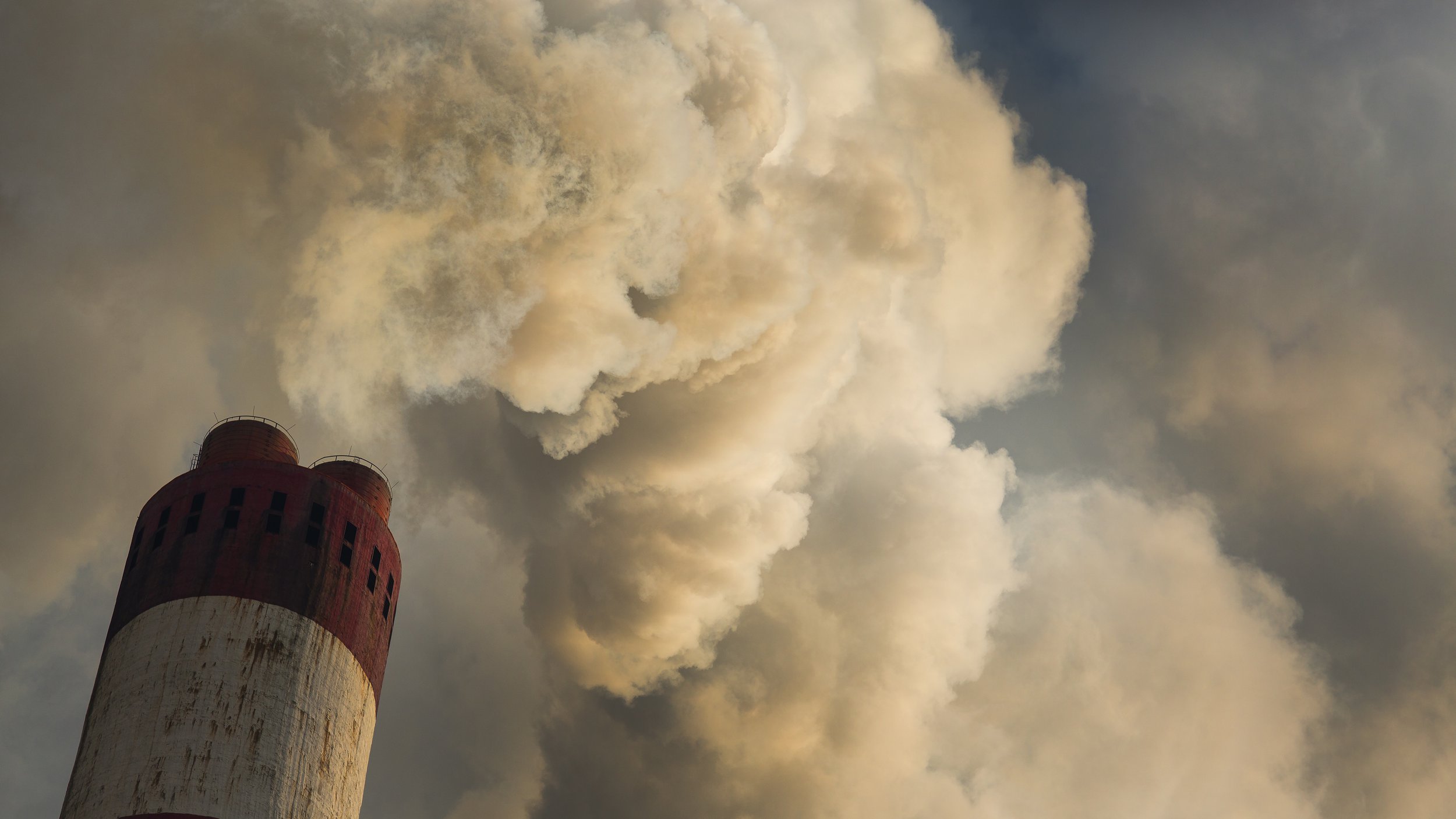Here’s why:
- Incineration is the most expensive and polluting way to make energy or to manage waste.
- Incineration produces the fewest jobs compared to reuse, recycling and composting the same materials.
- It is the dirtiest way to manage waste – far more polluting than landfills.
- Incineration is also the dirtiest way to produce energy – far more polluting than coal burning.
- According to the waste industry itself, incineration has always been more expensive than landfilling.
Click to learn more about trash incineration (so-called “waste-to-energy” or “trash to steam”).
For info on how polluting the incinerator in Chester is, see the Covanta Air Pollution and Health Impacts factsheet.
Bad for recycling and composting
A strong zero waste program could be developed for a fraction of the cost, diverting at least as much waste from landfills, because incinerators only reduce the tonnage going to landfills by 70% (about 90% by volume).
The huge economic resources that need to be put into incineration are better spent on zero waste programs, which can reduce the amount of waste going to landfill by more than the 70% reduction in tonnage that incinerators accomplish — and can do so at lower cost. Once a incinerator is built, “put-or-pay” contracts discourage recycling and composting by charging local governments the same, even if they produce less waste.
Some Good News: Trash incinerators are unpopular and declining
No new commercial trash incinerator has been sited, built and operated at a new site in the U.S. since 1995. One large new one, however, was built in West Palm Beach, Florida in 2015, adjacent to an existing large incinerator. Some smaller ones have also been expanded or rebuilt. Despite hundreds of attempts to build new incinerators, community opposition has been the main force preventing them from being built. Overall, the number of operating incinerators in the U.S. has declined. In 1991, there were 187 trash incinerators in the U.S. At the turn of the century, there were 114. As of January 2021, there are just 71, the lowest number since 1981.


